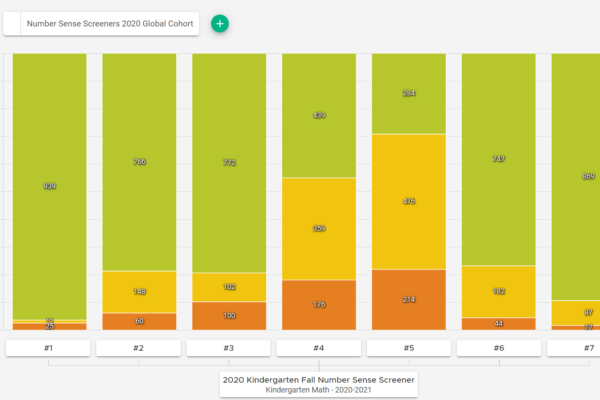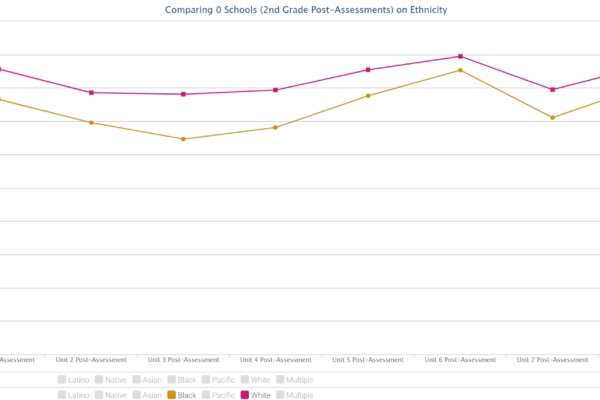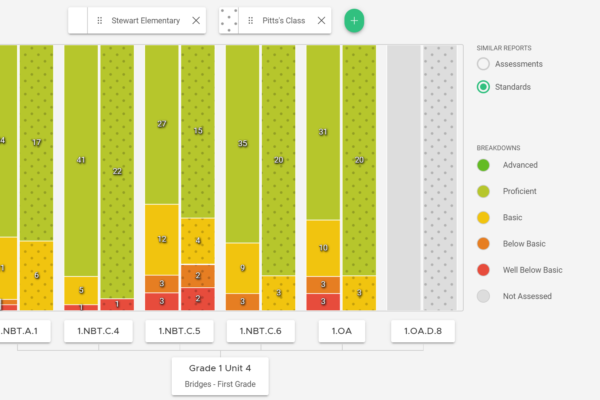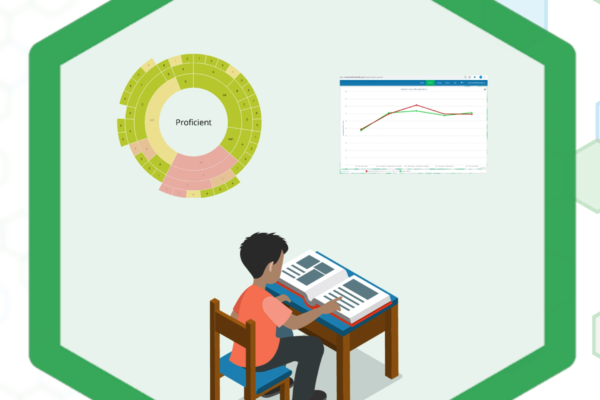Category Archives: Blog
Formative assessments impact instruction directly. When teachers use formative instructional practices, they assess students, interpret results, and respond. Tools and strategies for formative…
More students than ever are failing. In a recent meeting with math leaders, we considered the case of high school mathematics grades in…
Revised versions of the Universal Screeners for Number Sense (USNS) were released in July 2020 and the initial interest has been exciting. Unique…
Classroom assessments are closely aligned to instructional programs. They serve a variety of purposes for teachers: grading, informing instruction, and for teacher collaboration.…
Aligning Classroom Practice with School-wide Systems School-wide systems exist first and foremost to support teachers to create effective classrooms. As we emerge from…
The Black Lives Matter (BLM) movement is highlighting injustice and racial discrimination in policing. Some districts are already taking strides to remove police…
Over the past year a lot has been happening at Forefront Education behind the scenes, and soon it will be on your screens!…
Is your school or district making the shift to standards-based or standards-aligned grading? Standards-based grading goes well beyond a new report card and…
Last month, the White House gave blanket approval for states to cancel standardized tests. Next fall, teachers will adjust to students coming…
Of all the assessments teachers, schools, and districts use, classroom assessments provide the most detailed, precise, and timely information. These everyday quizzes, unit…
Forefront is the only assessment data solution optimized for classroom assessment results, leveraging these results to fuel instruction, PLCs, and grading. Elevate meaningful assessment data district-wide to transform how you understand and communicate about student learning across your schools.
Copyright © 2025 Forefront Education, Inc. All Rights Reserved.











